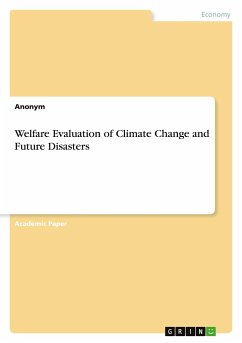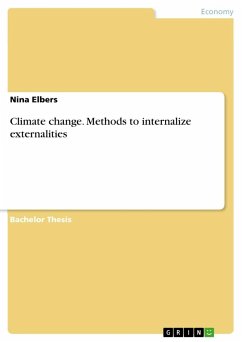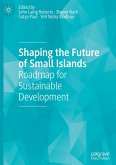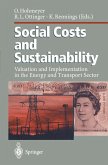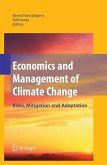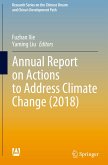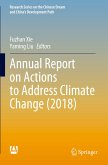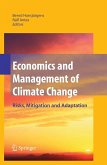Academic Paper from the year 2016 in the subject Economy - Environment economics, grade: 1,0, University of Paderborn, language: English, abstract: After a short review of traditional welfare evaluation of climate change the paper turns its focus especially on uncertainty and reviews in this context the appropriateness of commonly used economic models for advising climate policy.Climate policy with regard to welfare optimization needs to focus on long-term development in the context of a sustainable future. Two prominent debates have been raised and sharply discussed. First, the long-term view has been highlighted by the appearance of the Stern review, which triggered a lively discussion on an adequate discount rate in the last decade. Second, the probability of the occurrence of severe disasters has been stressed. These considerations are mainly based on fat tails of a probability distribution, an issue initially raised by Weitzman. Based on structural uncertainties of input factors like climate sensitivity, society might experience an infinite high loss for low likelihood catastrophic disasters. His assumptions have been carefully scrutinized and revised in literature, which additionally provoked the question of applicability of traditional economic models. In addition, raising concerns are the potential tipping points that may lead to unpredictable impacts. A stringent policy has been suggested which can be mitigated over time while learning more about uncertainties through investigations.
Bitte wählen Sie Ihr Anliegen aus.
Rechnungen
Retourenschein anfordern
Bestellstatus
Storno

